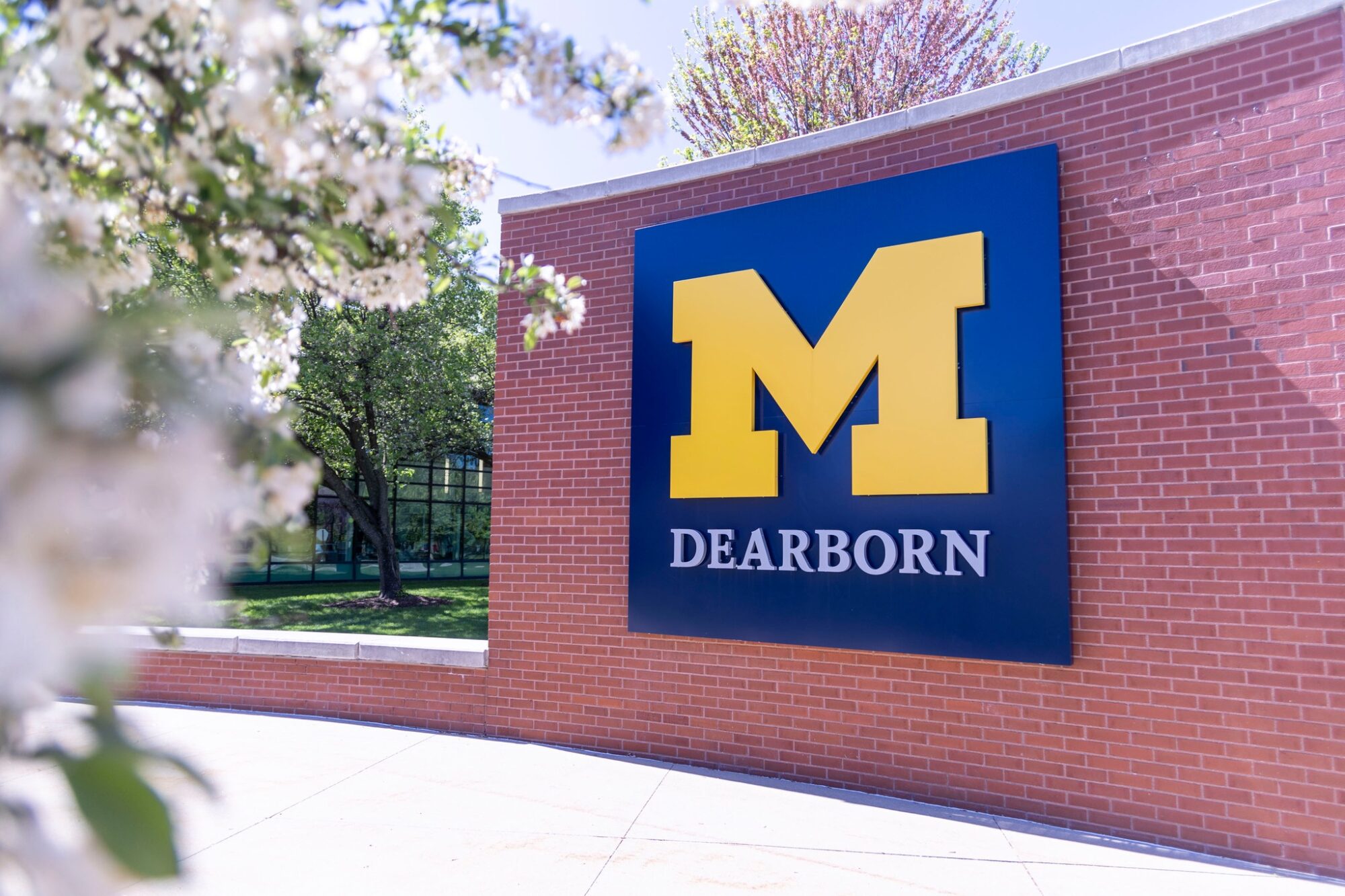The University of Michigan-Dearborn is built on southeast Michigan’s manufacturing might — literally. Our university was founded in 1959 on the estate of Henry and Clara Ford to meet a growing need for college-trained engineers and administrators in the automotive industry. Collaboration to bolster our regional economy, while also addressing the pressing needs of broader society, has defined us ever since.
As a regional public university, we emphasize practical research, often driven by the needs of our industry and community partners. UM-Dearborn was recently designated as an R2 institution by the Carnegie Foundation for the Advancement of Teaching, a recognition of our university’s expanding research enterprise. Since 2021, our externally funded research expenditures have more than doubled. We have particular strengths in the areas of mobility, advanced manufacturing, cybersecurity, energy systems, AI and biomedicine.
State and federal funding, which account for more than 70% of our current externally funded research expenditures, have been essential to our growth. With a grant from the National Science Foundation, two of our researchers in electrical and computer engineering are developing a system to combat counterfeit vehicle electronics. This underground industry is not just a headache for companies and consumers. It’s a huge safety risk. While no one wants to drive or ride in a vehicle that has fake parts, the scary fact is, many commuters and travelers probably already have. Our researchers’ technology will use “digital fingerprints” — the unique patterns contained in a device’s electrical output — to determine whether a component is authentic.
One of these same researchers has also spent much of his career analyzing and exposing AI-generated audio and video deepfakes to halt the spread of disinformation. Media outlets from around the world routinely seek him out to determine whether recordings circulating among the public are authentic.
Researchers in industrial and manufacturing systems engineering are devising a machine learning method to better predict lock failure on our waterways. Each year, 12 billion tons of commodities worth $770 billion are transported across the U.S. via inland lakes and rivers. An unexpected lock closure can cause delays in everything from auto assembly to food processing, ultimately driving up costs for consumers. The researchers aim to ensure our goods — and our nation’s economy — continue to flow smoothly. This project and the deepfake research are also funded by NSF.

With a grant from the Michigan Department of Environment, Great Lakes and Energy, a team in our electrical and computer engineering department is developing a cutting-edge battery energy storage system with partially depleted EV batteries. The team will build and test their system at the IBEW Electrical Training Center in Flint, Michigan. Union electricians will be introduced to new technologies — and new skills to meet current workforce needs. After the study is complete, the team’s industry partner will recover the precious metals to make new batteries.
Our faculty are also poised to make big advancements in health care. One pair of researchers is investigating the ways acids in our cells might help fight deadly diseases like Legionnaires and tuberculosis. Another is going deep within the brain to learn how head injuries impact the neurovascular unit, one of our body’s most vital systems. They ultimately hope to develop therapeutics that could help the brain regain healthy function after injury. Both these projects are funded by the National Institutes of Health.
Closer to home, a UM-Dearborn geologist has examined how buried streams contribute to flood risk in older, lower-income Detroit neighborhoods while an anthropologist and his students are excavating the River Raisin Battleground site in Monroe, Michigan. This group’s discoveries will support efforts to create a historic park on the site of the largest battle ever fought on Michigan soil.
Our students work side by side with our faculty researchers, sometimes as early as their first undergraduate year. This summer, undergraduates are partnering on 40 projects with faculty, examining everything from equitable access to health care to error analysis in autonomous driving as part of our Summer Undergraduate Research Experience, now in its seventh year. With 95% of employed UM-Dearborn graduates staying in the state to work, we are preparing our students to hit the ground running as they enter Michigan’s high-demand fields and help fill critical talent gaps.
Through the groundbreaking research of our faculty and the opportunities we give students to work alongside them, UM-Dearborn is expanding on the aim that dates back to our founding: making Michigan’s communities, workplaces and industries healthier, safer, more sustainable and more competitive, with tremendous implications for society as a whole.
